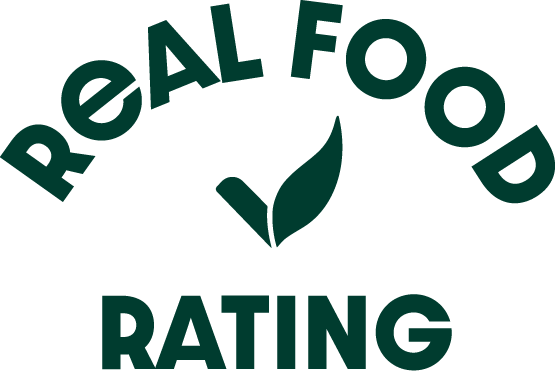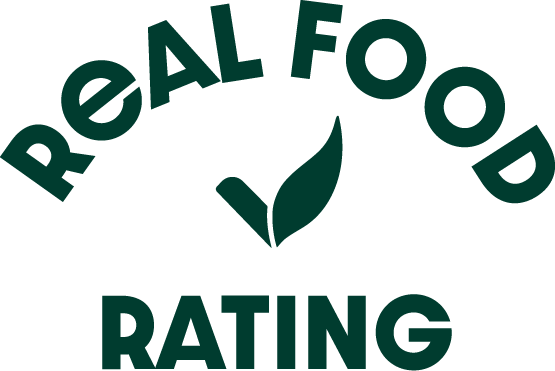Sorbic Acid and Potassium Sorbate – What Parents Need to Know
May 23, 2025

Sorbic Acid and Potassium Sorbate – What Parents Need to Know
You’ve likely seen Sorbic Acid (E200) or Potassium Sorbate (E202) on the back of food packets. These synthetic preservatives are commonly used to extend the shelf life of snacks, baked goods, yoghurts, sauces, and even some children’s vitamins. But what does the science say about their safety—especially for kids?
Why It Matters
While regulators consider sorbic acid and its salts “safe in moderation,” emerging research paints a more complicated picture—particularly when it comes to gut health, enzyme interference, and potential genotoxicity.
Key Concerns
- Potential for DNA Damage
Research has found that potassium sorbate can cause chromosomal abnormalities and DNA damage in human lymphocytes when used in higher concentrations. A 2010 study showed significant DNA strand breaks at concentrations of 500-1000 µg/ml. View study - Reaction with Other Additives
When sorbic acid is combined with nitrites (often found in processed meats), it may create mutagenic compounds including ethylnitrolic acid and 1,4-dinitro-2-methylpyrrole—particularly under acidic conditions similar to those in the stomach. Read research on mutagenicity - Gut Microbiota Disruption
Newer research highlights how potassium sorbate may disrupt the balance of gut bacteria, which is especially important for children’s developing immune systems and emotional regulation. Studies show it produces lower microbial diversity compared to other common preservatives and can affect intestinal microbial metabolism. Explore the gut health study - Molecular-Level Toxicity
Even at levels deemed safe by regulators, potassium sorbate may interfere with enzymes critical to human metabolism, including those with sulfhydryl groups. These interactions raise questions about potential long-term impacts on metabolic health. Read enzyme inhibition study
The Context
It’s important to note that:
- Most research showing harmful effects used concentrations higher than what people typically consume through food
- Regulatory agencies have established an Acceptable Daily Intake (ADI) of 11 mg sorbic acid/kg body weight per day
- Some studies show preservative effects on gut bacteria may be reversible after a period without exposure
- These preservatives help protect against foodborne illness and food waste
Bottom Line
While Sorbic Acid and Potassium Sorbate are permitted in food, we believe parents deserve transparency—especially when independent studies suggest potential concerns. These additives don’t offer any nutritional benefit and are typically found in ultra-processed foods we recommend limiting in children’s diets.
Want to take action? Start by checking food labels, prioritising fresh and minimally processed options, and staying informed with evidence-backed resources like this one.

